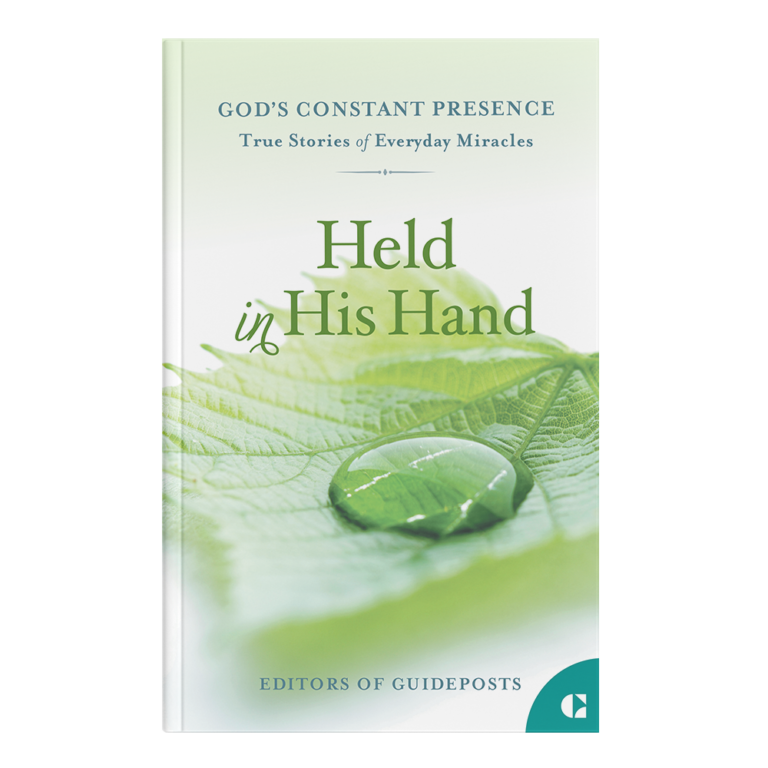Resentment can be a very real part of life. Yet the Bible warns, “Resentment kills a fool, and envy slays the simple” (Job 5:2). Paul admonishes that “the Lord’s servant must not be quarrelsome but must be kind to everyone, able to teach, not resentful“ (2 Timothy 2:24). It’s far easier said than done! Our first step toward being people filled with grace and peace (1 Peter 1:2) is to train our hearts to see the warning signs that resentment is building within us.
Certain “red flags” indicate that we may be heading for trouble.
Do you have a desire to lash back, to retaliate?
But God doesn’t give us permission to harm anyone, either with words or actions. He commanded, “’Do not seek revenge or bear a grudge against anyone among your people, but love your neighbor as yourself’” (Leviticus 19:18).
Do you need to prove you are right?
We mortals don’t like it at all when we sense that others think we’re wrong or foolish; often we resent others because they have wounded our pride. Beware! “Pride brings a person low” says Proverbs 29:23.
Do you find yourself “chewing” on a feeling as if it were a cud?
When we get so stuck thinking about our feelings that we can’t disengage, we are no longer able to follow Paul’s advice to “Be kind and compassionate to one another, forgiving each other, just as in Christ God forgave you” (Ephesians 4:32).
Letting go of resentment is something we need to do for our own peace of mind–and to improve our relationship with God. As people of faith we can’t afford to get stuck blaming others for our unhappiness. Even when others have done wrong, we’re called upon to examine our hearts and to respond to others in love.
So how do we get started? Try these four tips rooted in God’s word to help you let go of grudges and bitterness and find forgiveness.
1. When you’re hurt, allow yourself to feel hurt.
Say out loud, away from the hearing of others, what it is exactly that hurts. “I feel hurt that she looked down on me” or “I’m hurt that he didn’t care enough to listen.” Then offer the feeling to Christ, who knows oh-so-well what it is to feel pierced. “My flesh and my heart may fail, but God is the strength of my heart and my portion forever” (Psalm 73:26).
2. Take a brisk walk.
Burn off some of the emotion so that your head is clearer. Scripture tells us that, “Anyone who hates a brother or sister is in the darkness and walks around in the darkness” (1 John 2:11). We can frequently step out of that darkness with a bit of vigorous exercise. If you pray while you walk, all the better!
3. Focus on what kind of person you want to be.
Will you let resentment get in the way? Review the list of qualities of a Christian in 2 Peter 1:5-7, and see if your feelings are compatible with them. If not, ask the Lord to show you how to reconcile your hard feelings with your desire to serve Him.
4. Extend peace to the other person.
You don’t have to do this out loud, but you do have to do it in your heart. If that seems impossible, pray Psalm 29:11 with a twist, “Lord give strength to this person who hurt me; Lord bless this person with peace.” You can’t go wrong praying for the good of others!






